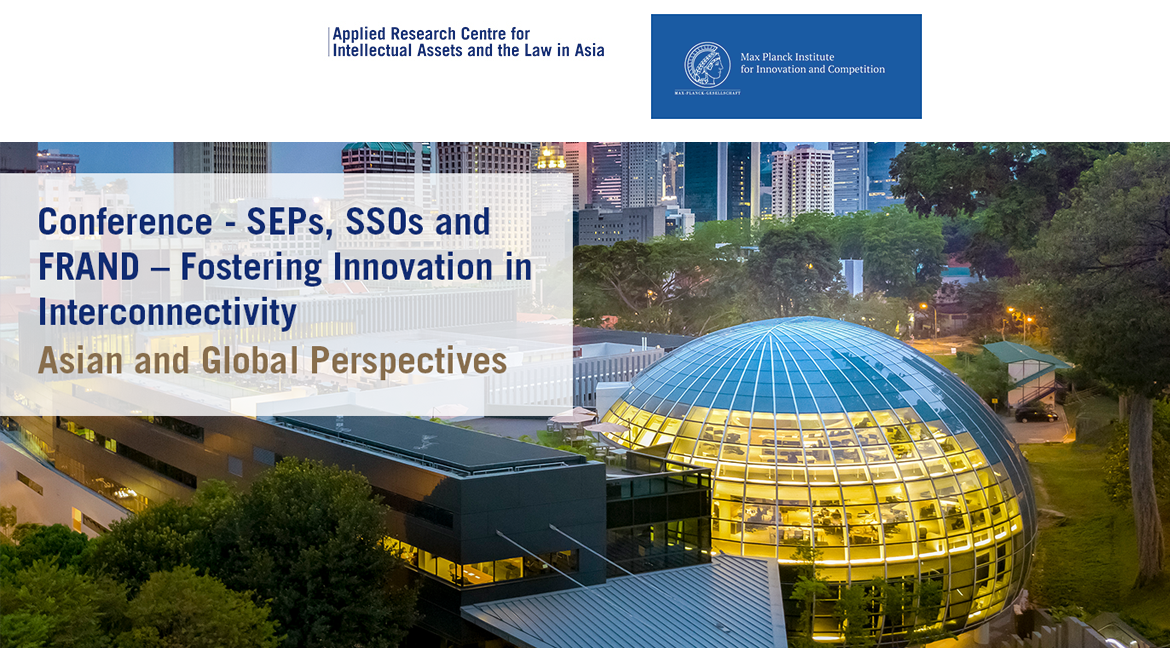
The data driven economy – apart from huge volumes of data (“big data”) – above all is characterized by interconnection. Basically everybody is connected to one another, and even “things” are beginning to connect amongst each other (“internet of things”). Interconnectivity, however, only works if key technologies are standardized. Those technologies typically are patented with the effect that two exclusivities – a legal and a factual one – coincide and culminate in the so- call “standard essential patents” (SEPs).
Standards mostly are set by standard setting organizations (SSOs). Once designated as a standard, however, its patent holder will enjoy excessive market power. For this reason it is common to request a “fair, reasonable and non-discriminatory” (FRAND)-declaration from the patentee on the occasion of the standard setting procedure. This FRAND-declaration is designed to ensure licensing terms to the benefit of any future licensee. The most prominent field of FRAND licensing of SEPs currently is the smart phone industry, but other and in particular related sectors – e.g. the automotive industry – are rapidly growing.
Litigations on SEPs and FRAND-terms initially occurred mainly in the US and Europe. Meanwhile they play an increasingly important role in Asian countries where leading manufacturing enterprises are located. This raises the issue of whether specific Asian experiences exist and may provide inspiration for solutions to globally discussed questions and challenges. With this major focus the conference starts by a fact finding, problem analysis and case studies of standard setting procedures. From a comparative perspective the legal nature of FRAND declarations as well as issues of enforcement of FRAND declarations with a view on both contract law and competition law will be analyzed.